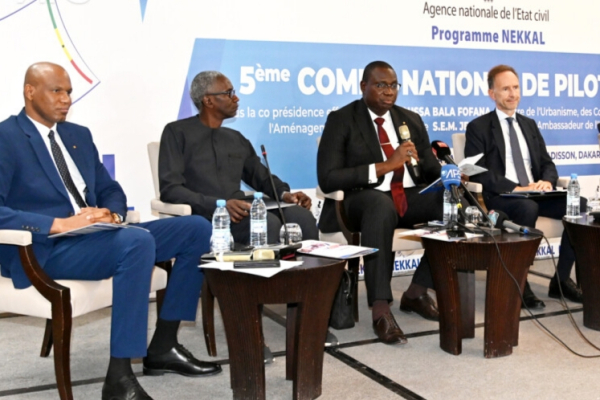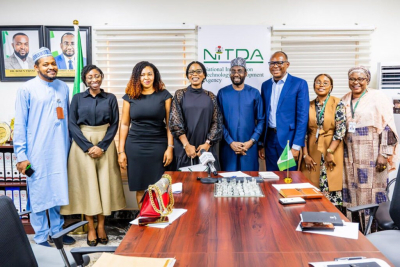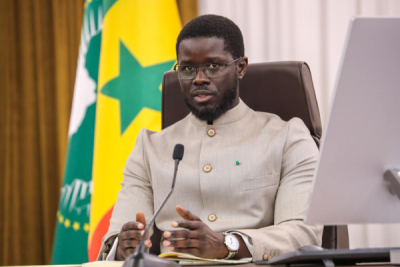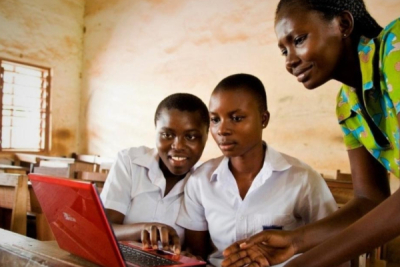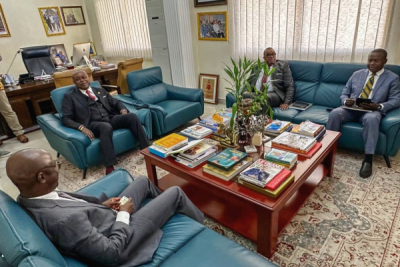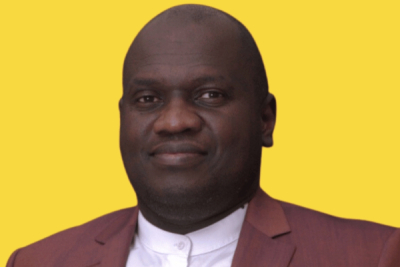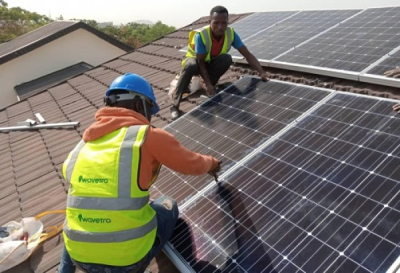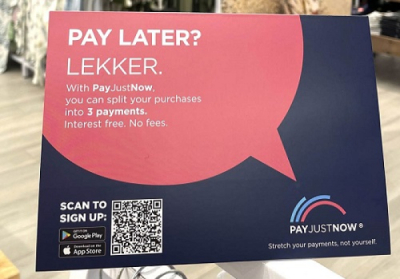In Africa, low birth registration rates prevent many people from accessing essential rights such as education, healthcare, and social protection. New technologies can play a crucial role in overcoming this challenge.
Senegal has already digitized and indexed over 19 million civil status records, announced Moussa Bala Fofana, the Minister of Urbanism, Local Government, and Land Management, on Tuesday, June 25, during the 5th meeting of the national steering committee for the project.
According to the minister, this initiative aims to ensure that every Senegalese citizen has an identification document enabling them to exercise their civil, political, and social rights, while also providing the state with the capability to plan and direct public policies more effectively.
The initiative is part of the "Nekkal" program launched in 2021, which aims to interconnect civil status centers and systematically digitize registers. The 42-month program is funded by the European Union to the tune of 18 billion CFA francs (27.4 million euros).
Once completed, the program is expected to address, among other issues, the problems of birth traceability and ensure data reliability. According to UNICEF figures, in 2019, one in five children (20%) in Senegal was not registered at civil status, thereby being deprived of their fundamental right to an identity. In rural areas, three out of five children (77%) are not officially recognized. For those who are registered, issues such as multiple identification numbers and loss of identifications due to file deterioration are common.
The second phase of the program, currently under consideration, will establish a service platform for all users, allowing citizens, whether in Senegal or abroad, to request civil status documents without needing to travel.
Samira Njoya


